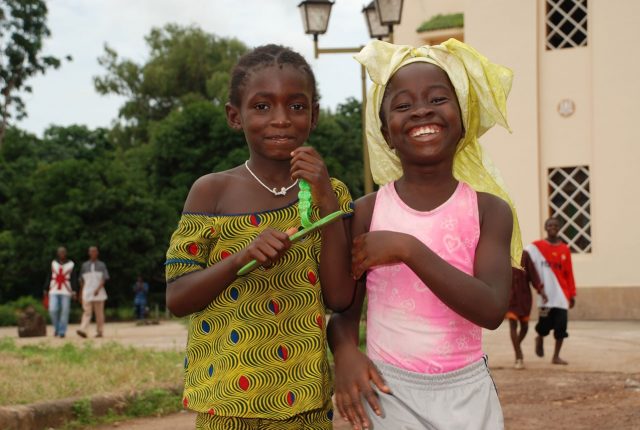The Ndebele language belongs to the Southeastern or Nguni subgroup of the Bantu division of languages. It is closely related to such African languages as Sesotho, Xhosa, and Zulu. The Ndebele language has an intriguing history. In the early 19th century, with the help of Nguni people, the Ndebele language fled rule of the Zulu leader Shaka to migrate northward where Nguni established their own kingdom with a unique culture. It was a perfect time for language to develop and due to the contact of the kingdom with British missionaries, the written Ndbele appeared.
As the Ndebele language is considered to be a part of Bantu languages, it has initial roots in this Bantu history. Today, the word “Ndebele” can be used both when it comes to the language and people of Ndebele origin. Nevertheless, it was not always so. Initially, it was part of the Bantu Nguni people of Natal. Only in the 19th century, the language has developed as a distinct offshoot of this group. The development of the language was possible thanks to the Mzilikazi – a commander of Shaka’s who came into conflict with Zulu king and fled with 300 followers. Mzilikazi established his own kingdom and by 1840, there were about 20,000 people who lived under his rule. The Ndebele language, known at that time as Matabele, started his path to become one of the most quickly developing Bantu languages.
In the 19th century, Ndbele people came into contact with European missioners. Thanks to his contact, written Ndebele is based on Latin language script. Also, it is worth to mention that due to conflicts between Ndbele and British settlers and the outbreak of war in 1893 that lead to the British occupation of the area of today’s Zimbabwe, the Ndebele language was highly influenced by the English language.
The same to many other African Languages, the Ndebele language was developed in a traditionally oral society. So the written form of the language appeared due to the contact of Ndebele people with British missionaries. And with the development of the written language, Ndebele literature has developed and grown.
Today, the Ndebele language exists in two main forms. The first one is spoken in Zimbabwe and the second one in South Africa. It is worth to mention that the Ndebele language is considered to be one of 11 official languages of South Africa. Even in Zimbabwe, where the official language is English, 16 percent of the population speak Ndebele. Totally, there are about 1 million native speakers of Ndebele worldwide.




